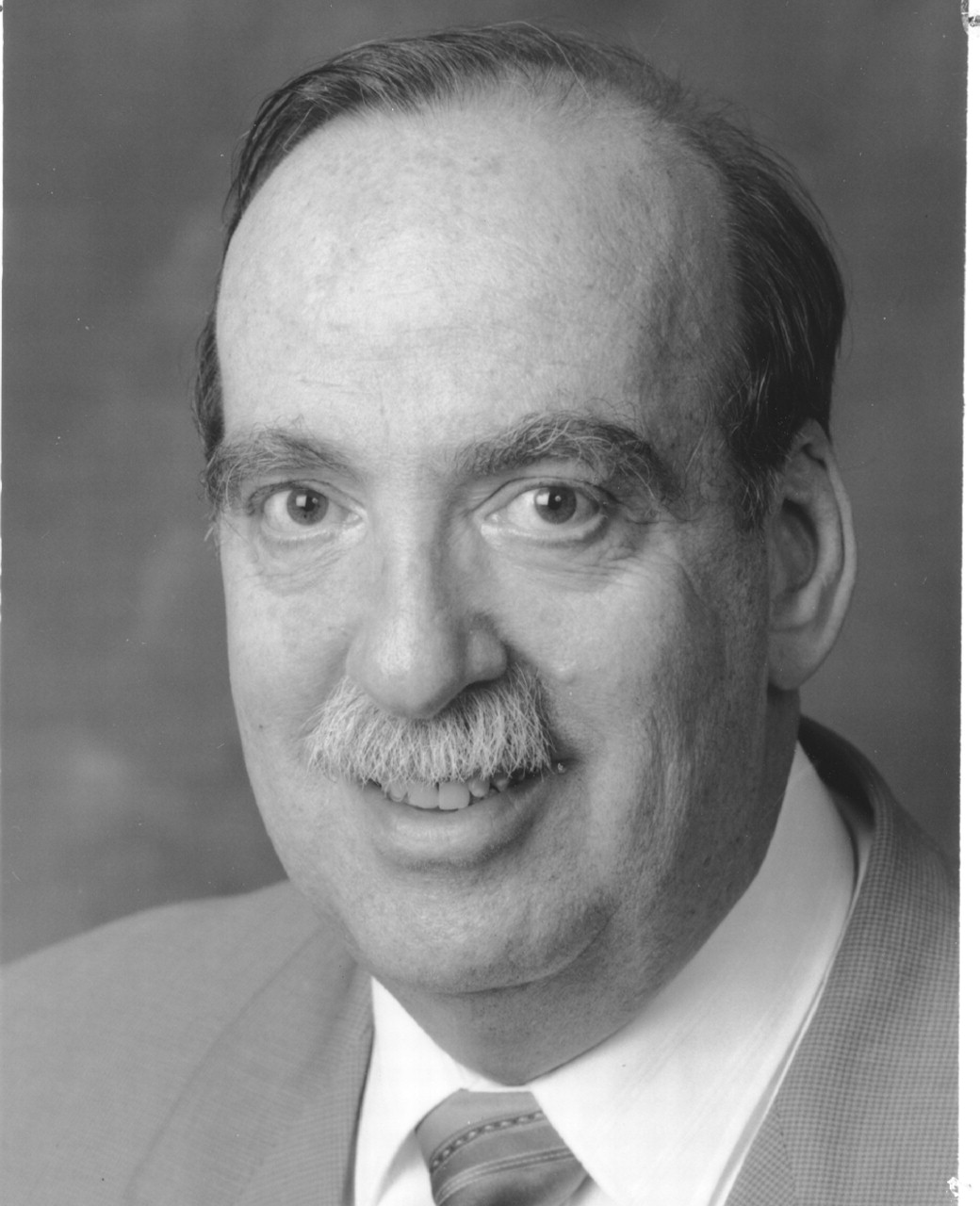Not long ago I was asked to speak and be available to answer questions at a meeting of our local chapter of the National Alliance for the Mentally Ill (NAMI). The participants were either individuals being treated for a mental disorder or family members. I was struck by the first question, “How do we find a psychiatrist who will both prescribe medications and talk to us?” As I looked at the audience, they all nodded in affirmation that this was a significant problem.
As various members spoke of their difficulty in connecting to a psychiatrist who would do more than prescribe medications, I recalled a referral that I had attempted to make a few weeks earlier. The patient was a significantly depressed middle-aged man who in addition to being depressed suffered from a severe neurological disorder, which necessitated the use of potentially toxic agents. The long-term prognosis for his neurological disorder was not known. Because of difficulty in traveling, he wanted to continue in his psychological treatment and medication treatment with a psychiatrist near his home. I proceeded to give him the names of psychiatrists in his area. With the patient’s permission, I spoke with one. Of note is the fact that although the patient is disabled, his insurance pays full, standard fees, not discounted.
About a month after making the referral, I received a call from the patient. He was confused. All of the psychiatrists with whom he spoke would only prescribe medications. He was told that it would be necessary for him to have two doctors: one for psychiatric medications and the other for psychological treatment. If I have ever seen a patient who needed treatment concentrated in one therapist, it certainly was this man.
What is happening in our profession is that it is difficult for patients with serious mental illness to find a psychiatrist who will work with them or their family in the use of both medications and the use of psychological treatment. I suspect that 25 years ago I would have heard a significantly different set of questions from the NAMI group. The people would have expressed concern that their psychiatrist attributed their child’s illness to their behavior as parents and that it was difficult finding a psychiatrist familiar with medications. The patient with the neurologic disorder would have noted difficulty in finding a psychiatrist comfortable treating someone with a serious illness.
What has changed? In three decades have we moved from an earlier era where psychiatrists were uncomfortable dealing with medical or medication issues to one where a new generation of psychiatrists is now uncomfortable with family or psychological ones?
Although we argue that we teach residents to use a biopsychosocial model, in practice most of us probably do not. We continue to have two competing groups of psychiatrists. One group is interested in doing intensive psychotherapy, and the other is interested mainly in using medications. The latter group is now supported extensively by research advances, economic pressures from managed care, and a media blitz from the pharmaceutical industry. Neither group seems interested in working in a combined-treatment approach with either people who have serious mental illness and need both medication and psychological treatment or people with other types of illness who need both kinds of treatment. It would seem that that we have lost sight of the core competencies and responsibilities of being a psychiatrist. Not every psychiatrist needs to perform extensive, in-depth psychotherapy nor does everyone need to be able to use our extensive psychopharmacologic armamentarium to treat patients whose disorders are resistant to standard pharmacologic treatment. But we all must have the basic skills to both prescribe medications and to address basic psychological concerns of our patients.
I would submit that APA’s Commission on Psychotherapy by Psychiatrists does not address the core problem of the critical role of psychological work with our patients. It argues for the need to learn how to practice implicitly intensive psychotherapy. This is frequently done in isolation from the realities of clinical practice, as if it is espousing a new or forgotten religious faith. Understanding our patients and the causes of their pain or dysfunction is the core of being a physician. All of our therapies—either talking or pharmacologic—are psychotherapies. Each one, if successful, alters the psyche. Arguing that the current compensation system does not allow psychiatrists to do anything but prescribe medications is flawed. Different forms of treatment may compensate practitioners at different rates, but some hide behind this reality to excuse their lack of interest or ability in performing psychological treatments. In so doing, they ignore the basis of our profession. I have not heard of a general surgeon refusing to do a hernia repair because the surgeon will not earn as much as if he or she were performing colectomies.
We have a brief window of opportunity to insist that each of us practice today in all of the core or basic therapies of our field. We must also insist that future psychiatrists be trained in these practices. Our failure to do so will mean that psychiatry will be reduced in its importance as a mental health profession.
APA must rethink its responses to the question of our core competencies or capacities to function as psychiatrists. Business as usual may mean no business at all. ▪

